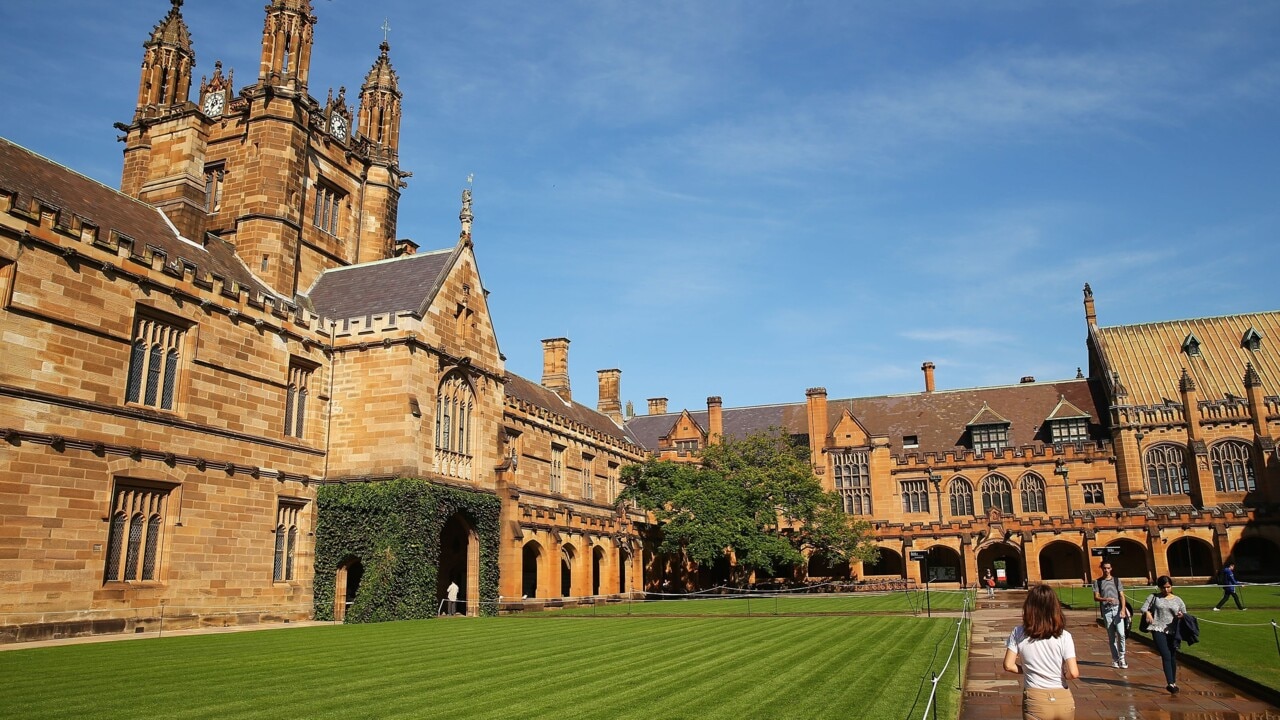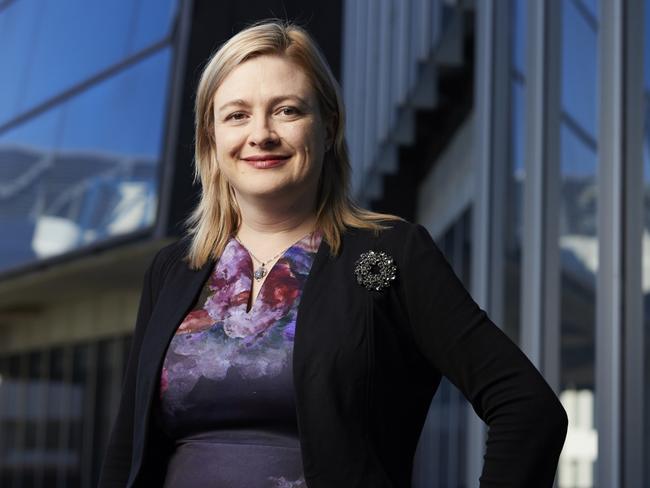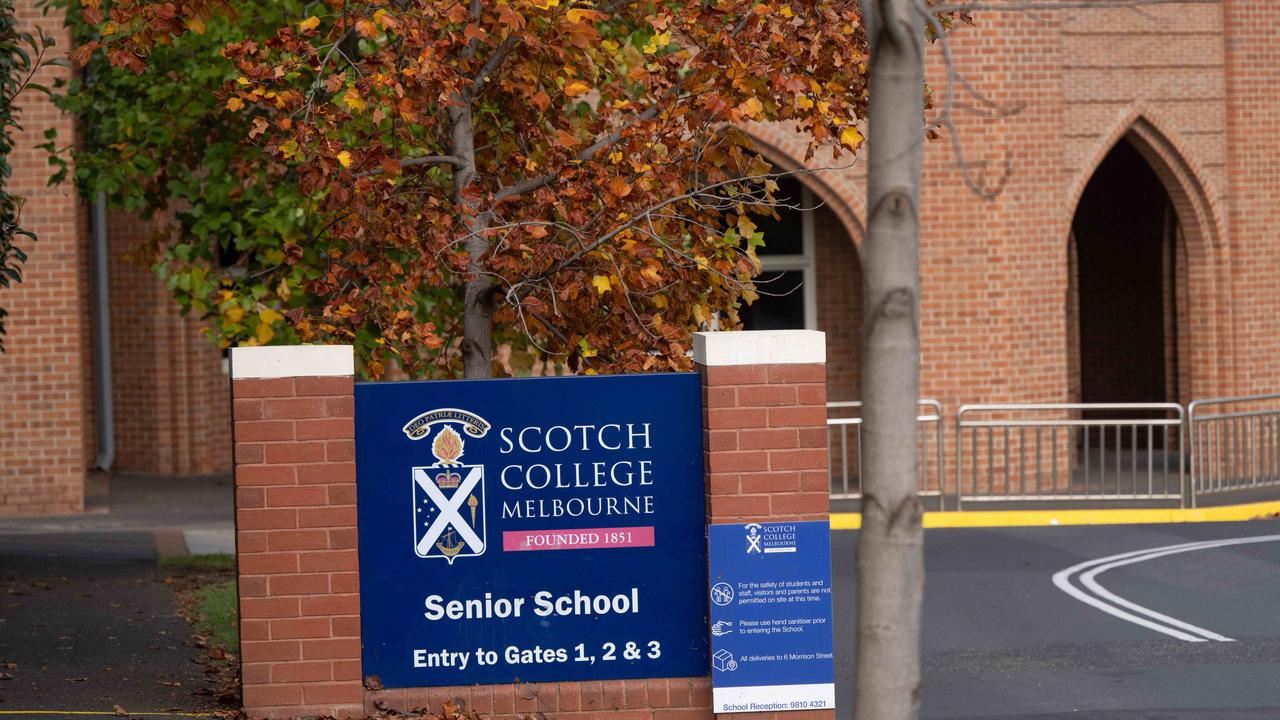Foreign spies target university students in Australia
Foreign countries are spying on international students in Australia, as universities become a battleground for espionage.

Education
Don't miss out on the headlines from Education. Followed categories will be added to My News.
Foreign countries are spying on international students in Australia through “community interference’’, a top Home Affairs official has warned universities.
Patrick Hallinan, the acting deputy national counter foreign interference co-ordinator for the Department of Home Affairs, said universities are a target for espionage.
He said some countries take a “keen interest’’ in the actions of citizens studying in Australia.
“Some countries are challenged by the free and open nature of our university system, where we can contest and debate ideas,’’ he told the Universities Australia conference in Canberra on Thursday.
“For countries where you don’t have that ability to routinely engage, debate (and) discuss matters of sensitivity to the host government, this can cause some concern – particularly in respect to their international student populations.
“This means in some cases they take a very keen interest in the behaviours of their international students when they’re overseas.’’
Mr Hallinan did not name any countries, although authoritarian China is the biggest source of foreign students in Australia, followed by India.
“The countries that seek to interfere in our society often do not share our values,’’ he said.
“They seek to project their influence or preferred behaviours outside their borders.

“Their activities can range from cyber attacks, efforts to disrupt or subvert democratic processes, the promulgation of propaganda and disinformation, intellectual property theft, and attempts to inhibit the full participation in Australian society of certain community groups – in particular members of our culturally and linguistically diverse communities.
“You might describe it as community interference.’’
Chief Defence Scientist Professor Tanya Monro said Australian research is of “significant interest to allies and adversaries’’ and called on universities to boost security.
She said the Defence Department “wants to get university staff cleared to work on long-term projects’’.
“We’re certainly in an era now of heightened global competition and increased external threat,’’ she told the conference.
“We clearly are on a path to more protection.
“What we do need is to have our university partners quickly come up to speed with the risks.
“The status quo cannot continue in this new heightened risk environment.’’
University of Queensland deputy vice-chancellor Professor Bronwyn Harch said staff are now required to declare any outside employment, conflicts of interest or recruitment to “foreign talent programs’’.
“These partnerships do give rise to risk and they must be managed a way that is consistent with Australia’s national security,’’ she said.

Former chief defence scientist Professor Alex Zelinsky, now Vice-Chancellor of the University of Newcastle, said cyber security threats from “criminal gangs’’ as well as foreign governments is a “huge challenge’’ for universities.
“I still think our universities are underdone in that area,’’ he said.
Professor Zelinsky said universities “have to be serious’’ about tackling foreign interference to avoid government regulation.
“It’s best to be working through self-regulation, adhering to standards, rather than having a sledge hammer being imposed on the sector,’’ he said.
Originally published as Foreign spies target university students in Australia




